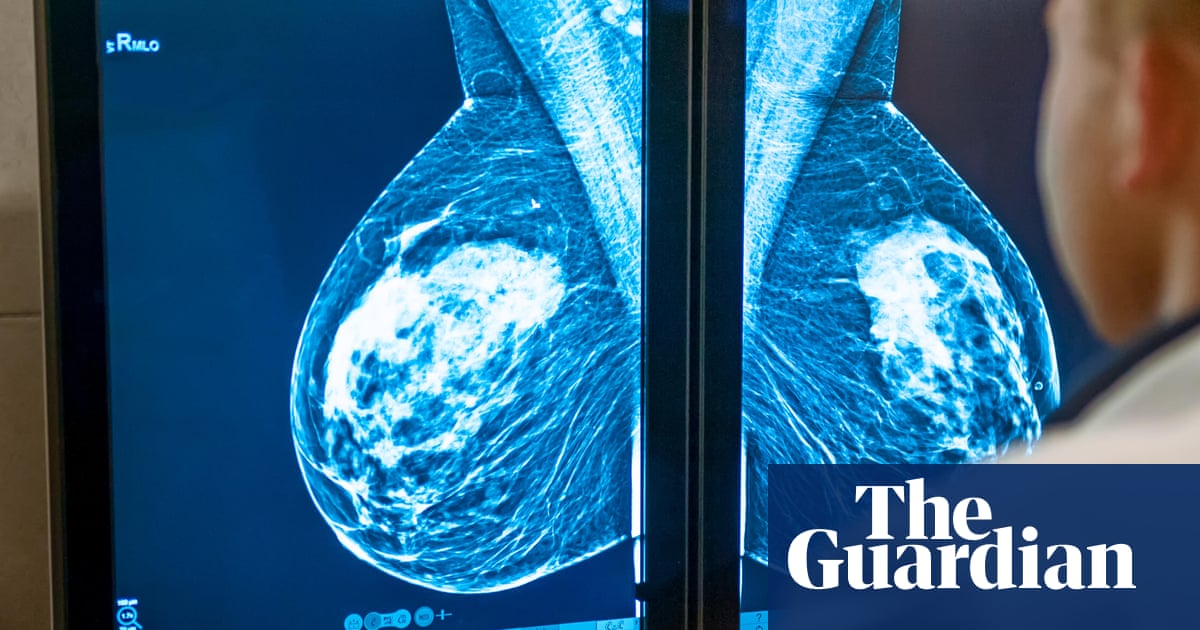Doctors, scientists and researchers shared new findings on ways to tackle cancer at the 2025 American Society of Clinical Oncology annual meeting, the world’s largest cancer conference.
The event in Chicago, attended by about 44,000 health professionals, featured more than 200 sessions on this year’s theme, Driving Knowledge to Action: Building a Better Future. Here is a roundup of the key studies.
An immunotherapy drug could help some cancer patients live years longer without the disease getting worse or coming back,a trial found.
Pembrolizumab, sold under the brand name Keytruda, kept head and neck cancers at bay for five years, compared to 30 months with standard care. It also cut the risk of the disease returning in another part of the body.
A second study showedpeople with a deadly form of skin cancer could live longer with an innovative one-time immunotherapy.
Almost one in five patients with advanced melanoma survived for five years after receiving lifileucel, with tumours shrinking in the majority of cases, the trial found.
Car T-cell therapy is a new form of immunotherapy where a patient’s own T-cells – a type of white blood cell – are tweaked in a lab to target and kill cancer cells. The designer cells are then infused back into their bloodstream to fight the disease.
One trial foundcancer patients treated by Car T-cell therapy can live 40% longer.
The therapy has already proved successful in treating blood cancers. Now results from the world’s first randomised controlled trial of Car T-cell therapy in solid tumours suggest it could be transformative in the fight against these cancers too.
Solid tumours represent about 90% of all cancers, including breast, lung and pancreatic cancer.
In the trial hailed as a “milestone” by experts, patients with advanced gastric or gastro-oesophageal junction (GEJ) cancer treated with Car T-cell therapy lived on average about 40% longer than patients who received standard care.
A second Car T-cell therapy shrank tumours in 62% of patients with recurrent glioblastoma, a rare event for a fatal brain cancer with few treatment options,researchers reportedin Chicago.
“Seeing recurrent [glioblastoma] tumours shrink like this is extraordinary, because the immunotherapy drugs that we’ve tried in the past have been unable to do that,” said the study’s lead author, Dr Stephen Bagley, of the University of Pennsylvania.
In a world first,doctors announcedat the conference that thousands of cancer patients in England would benefit from a DNA blood test that saves lives by fast-tracking them on to personalised treatments.
The liquid biopsy looks for circulating tumour DNA (ctDNA) to find specific genetic variations of cancer. The NHS will offer it to patients with lung and breast cancer – two of the most common forms of the disease.
Rapid results mean patients can immediately be offered drugs and treatments specifically tailored to the genetic profile of their disease, significantly increasing their survival chances and paving the way for a new era of precision medicine.
Exercise cuts the risk of death in cancer patients by more than a third,a landmark trial found. Physical activity could also prevent the disease coming back and stop new tumours developing, as well as lifting mood, reducing fatigue and boosting strength.
The world’s first randomised clinical trial to specifically evaluate if a structured exercise regime after treatment could reduce the risk of recurrence or new cancers in patients took place over more than a decade.
Hailed as gamechanging by experts, the results show it could reduce the risks. The trial found patients had a 37% lower risk of death and a 28% lower risk of their cancer coming back or new cancers developing, compared with patients who received only health advice.
“When we saw the results, we were just astounded,” said the study’s lead author, Dr Christopher Booth, of Queen’s University in Kingston, Canada.
Margaret Tubridy was one of 889 patients with colon cancer recruited to the trial from six countries – the UK, the US, Australia, France, Canada and Israel. Five years after her diagnosis,she told the Guardianshe was now free of cancer and healthy, with no signs of the disease coming back.
Amid a series of breakthroughs aimed at tackling the most common cancer in women, doctors were told a new drug can stop some breast cancer tumours before they grow.
A trial showedthat camizestrant stops cancer cells from using hormones to grow, which helps patients stay well longer and delays the need for chemotherapy. It was the first global study to show that using blood tests to find early signs of cancer resistance to treatment helps patients.
The study looked at patients who had hormone-positive, HER2-negative breast cancer, which is about 70% of cases. Results showed patients given camizestrant reduced their chances of cancer progression by 56%, compared with standard therapies.
“This is going to be very impactful for our patients,” said Dr Hope Rugo, the head of breast medical oncology at City of Hope hospital in Duarte, California.
A second trial foundthat a new triple therapy for aggressive, advanced breast cancer slows the progression of the disease, delays the need for further chemotherapy and helps patients live longer.
Artificial intelligence could help end a “postcode lottery” for a life-extending treatment for prostate cancer,researchers said.
Abiraterone is a hormone therapy described as a “gamechanger” that works by blocking the production of testosterone, which fuels prostate cancer growth.
It has already helped hundreds of thousands with advanced prostate cancer to live longer. But some countries, including England, have stopped short of offering the “spectacular” drug more widely to men whose disease has not spread.
A team from the US, the UK and Switzerland have built an AI test that shows which men would most likely benefit from abiraterone. The breakthrough will enable healthcare systems to roll out the drug to more men, and spare others unnecessary treatment.
